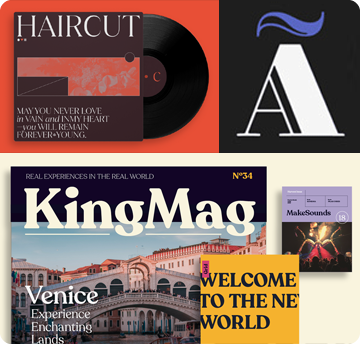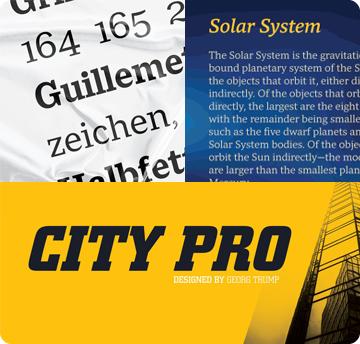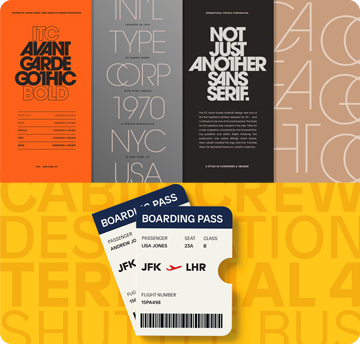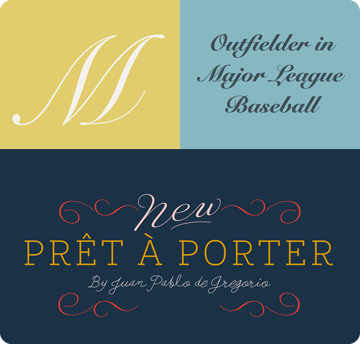Learn
USD ($)
- USD ($)
- GBP (£)
- EUR (€)
- AUD ($)
- JPY (¥)
- BRL ($)
- CAD ($)
- NZD ($)
EN
- EN - English (UK)
- DE - Deutsch
- FR - Français
- ES - Español
Are you new?
Sign up now to save 10%
on Monotype Foundry fonts.
on Monotype Foundry fonts.
Learn
USD ($)
- USD ($)
- GBP (£)
- EUR (€)
- AUD ($)
- JPY (¥)
- BRL ($)
- CAD ($)
- NZD ($)
EN
- EN - English (UK)
- DE - Deutsch
- FR - Français
- ES - Español
















